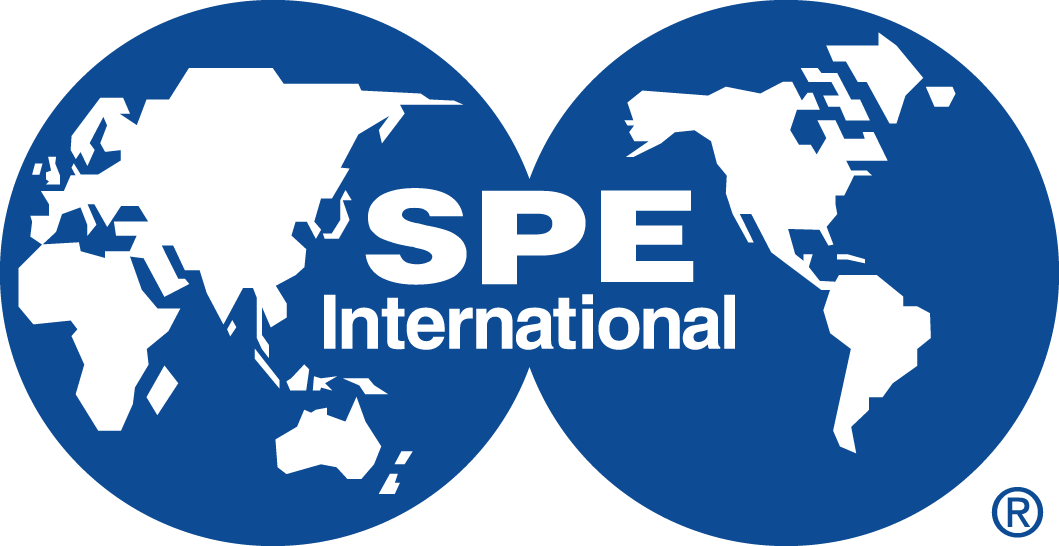Agenda
Tuesday, August 23
This session will spotlight the latest findings of regional geology, geochemistry, sequence stratigraphy, and fluid variations. Additionally, the latest petrophysical findings of rock-fluid interactions, various petrophysical targets, gas adsorption, and water imbibition will be reviewed, and geomechanical characterizations of the flow unit and its impact on stimulated effective surface area will be explored.
| Discussion Leaders |
|---|
|
Tim Carr, West Virginia University |
|
Erdal Ozkan, Colorado School of Mines |
|
Roberto Wagner, Chesapeake Energy |
Thursday, August 25
This session will focus on discussing the new and future technologies that can be or have been implemented in the Appalachian basin for the shift towards the infill and co-development of the two main reservoirs. We will
- consider the challenges associated with infill development including hydraulic fracture design considerations, well spacing challenges, and options to monitor the effectiveness of completions.
- investigate options to effectively co-develop the Upper/Lower Marcellus as well as the Utica, with vertical targeting, multilateral well design, and optimal commingling of production streams being discussed.
- review some of the technologies available in the field of stimulation design, completion of extended reach laterals, surface facility designs, and options to reuse produced water.
| Discussion Leaders |
|---|
|
Catherine Cavey, Antero |
|
Ashley Mercer, Chesapeake Energy |
|
Bryce Yeager, Chief Oil and Gas |
Tuesday, August 30
This session will cover asset management considerations for accretive delivery at the well, pad and system-level. The following content will be debated at these levels.
- Well-level: deliquification, artificial lift, lease compression utilization, and wellbore integrity
- Pad-level: facility design, pad connects, and drawdown strategy
- System-level: gathering pressure optimization, hydraulic relationships between base and wedge delivery into common systems, pipeline hydrate and condensate accumulations, and in-basin versus out-of-basin marketing opportunities
| Discussion Leaders |
|---|
|
Keeley Bergman, Chesapeake Energy |
|
Cody Craker, CNX |
|
Ryan Rice, ResNet |
Thursday, September 01
This session will explore two diverse topics: the future potential of artificial intelligence applications in the E&P industry, and the evolving opportunities in environmental, social, and governance (ESG) stewardship.
- On the topic of artificial intelligence, we will discuss emerging technologies, potential applications throughout the asset development life cycle, and decision support.
- We will examine emissions-related opportunities, including responsibly sourced gas and certified natural gas, novel strategies to reduce emissions, scope considerations of on-site versus off-site combustion.
Also related to the ESG topic, a “New Ventures” discussion will be tailored to the interest of the forum participants, and potentially may include:
- Zero/low-carbon footprint gas-to-gasoline plant builds
- Gas-fired plant additions to displace demand on more carbon-intensive fuels
- In-basin consumption to lower full-cycle carbon impact, such as micro-gathering or micro-grids to eliminate the need to compress and transport natural gas
- Any other projects of interest to the forum participants
| Discussion Leaders |
|---|
|
Will Foiles, Project Canary |
|
Shahab Mohaghegh, West Virginia University |
|
Nick Volkmer, Enverus |

